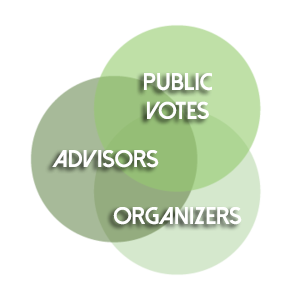The Collective Review &
Decision-Making Process
First, we solicit session ideas from the public in Summer/Fall preceding The Collective gathering.
After the submission deadline has passed, The Collective organizers start the Round One review. We check proposals for feasibility, interactivity, and make sure they fit the spirit of our gathering (i.e. not sales pitches or “sage-on-a-stage”).
Next, each proposal receives a double-blind peer review (typically with feedback from three reviewers) by our peer review panel.
Final selections are made based on interest and comments from Round One, feedback from the peer review panel of practitioners, and discussion among the conference organizers.
We strive for a variety of session types and topics, so sometimes even high-scoring proposals do not make the final cut in a competitive year. That said, there are so many ways to be an active participant at The Collective without being a session convener! We encourage folks to be on the lookout for the many open Calls for Participation that go out with our program announcement.
Criteria for picking sessions include:
Relevance to this year’s theme.
Inclusion of interactive and participatory elements. (We're looking for dynamic presentations with time built-in for creating, collaborating, and sharing!)
Feasibility. (A proposal suggesting that Jimmy Wales lead one of our sessions might not be in our budget.)
Balance among session types. (Because there can only be so many lightning talk sessions!)
The Collective’s Peer Review Philosophy
We aim to make our process as fair and transparent as possible while serving the greatest number of Collective participants.
Peer reviewers for The Collective are selected based on a variety of factors, including contribution to the field of librarianship, individual expertise, reputation, recommendations from librarians, and programming team members' own knowledge of a reviewer's performance. Selection of an individual as a reviewer should not be seen as an endorsement of The Collective of any research, products, or services provided by a reviewer or any organization affiliated with that reviewer.
Additionally, agreement by an individual to serve as reviewer should not be seen as an endorsement by any affiliated organization of The Collective; these individuals are volunteering their time and offering their opinions and expertise as individuals, not as official representatives speaking on behalf of any school or organization.
The Collective recognizes that biases exist and, as much as possible, attempts have been made to rule out reviewers who may have an obvious competing interest with a potential presenter, those who may be direct competitors, those who may have a known history of antipathy towards a specific librarian or organization, and those who might profit financially from a specific presentation. To that end, all proposals undergo a blind peer review and all submitters will receive anonymized feedback from that review. Because it is not possible for all such competing interests to be known, we request that reviewers who recognize a potential competing interest inform The Collective organizers and recuse themselves if they feel that are unable to offer an impartial review of a particular proposal.


